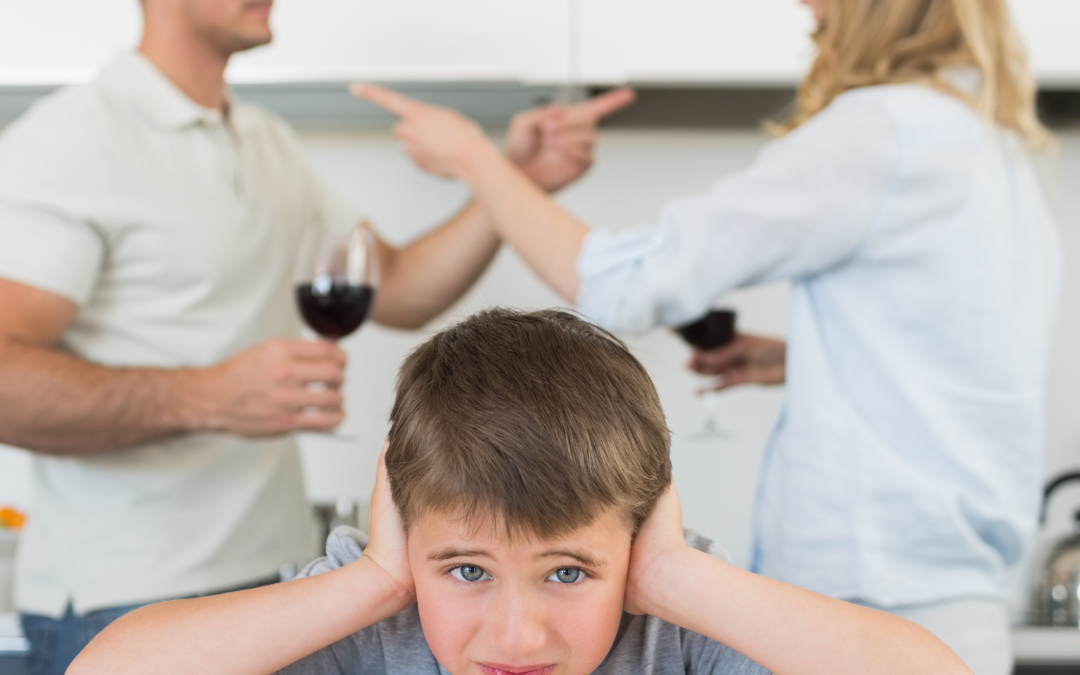Separation or divorce is tough for everyone, especially kids who might not grasp what’s happening. It’s vital to nurture their emotional health, helping them navigate feelings and adjust to changes. I remember a childhood friend expressing her worries on the playground. Even back then, I felt sad for her and feared my own dad leaving. Many families go through this, and the child’s well-being should always come first.
Keep Communication Open
Why not start with open-hearted talks? Encourage your kids to share their feelings and let them know it’s okay to be sad, angry, or confused. Reassure them that both parents will always love and support them. Listening and acknowledging their feelings helps them feel understood and less alone.
Stick to Routines
Are bedtime stories still part of the night? Are weekend activities still happening? Keeping familiar routines comforts your child and gives them a sense of safety.
Take Care of Yourself
Separation is hard on you too, so don’t neglect your own emotional health. Kids sense when parents are stressed, and by caring for yourself, you help them feel more secure. Reach out to friends, family, or seek professional help if needed.
Lean on literature
There are excellent books available for children that address the topic of divorce and provide valuable support.Consider adding titles like “Two Homes” by Claire Masurel, which gently reassures children that love remains constant, even when living in two different places. “One Branch at a Time” by Eliza Allen provides a reassuring message that healing and growth can occur following sadness. Through gentle storytelling and relatable characters, this book gently helps children recognise that feeling sad is natural, and that with support and open conversations about their emotions, things will improve. For older kids, “It’s Not the End of the World” by Judy Blume explores the emotional rollercoaster of family changes with empathy and honesty.
Reading these books together can open up discussions, allowing children to express their own feelings and ask questions. Stories can be powerful tools for helping kids process their emotions and see that they’re not alone in their experiences.
Maintain Connections with Both Parents
This might be tricky, but it’s for your child’s well-being. Keep your kids connected with both parents. Let them have regular calls, video chats, or visits to keep those bonds strong. Communicate openly with your co-parent and try to avoid negative comments about each other in front of the kids.
Seek Professional Help if Needed
Notice any big changes in your child’s behavior, like withdrawal or school issues? Talk to their teacher about how they’re doing. A child psychologist or counselor can offer a safe space for your child to express feelings and develop coping skills.
Every child is unique, and their needs may vary during a separation. By being patient, attentive, and loving, you can guide them through this tough time. With your support, they can emerge feeling strong and valued. No parent wishes this for their child, so remember, how you handle the separation leaves a lasting mark.
Love and blessings,
Eliza x

